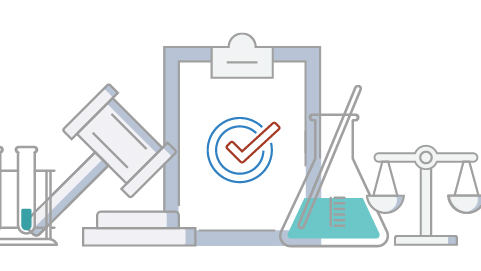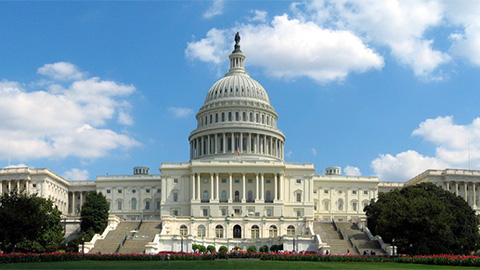The ASBMB's policy positions
![]() Advocate for sustainable, predictable and increased funding for scientific research.
Advocate for sustainable, predictable and increased funding for scientific research.
![]() Support the next generation of scientists.
Support the next generation of scientists.
![]() Increase diversity, equity, access and inclusivity in science, technology, engineering and mathematics.
Increase diversity, equity, access and inclusivity in science, technology, engineering and mathematics.
![]() Address emerging science related issues e.g. research security, international collaboration, pandemic preparedness, workforce recovery etc.
Address emerging science related issues e.g. research security, international collaboration, pandemic preparedness, workforce recovery etc.
What we’re monitoring
Grants funding freeze
- Original OMB memo and second memo rescinding previous orders
- Legal action pursued by National Council of Nonprofits et al. and first judicial decision
- NIH updated “Grants and Funding” page
F&A/Indirect cost rate
- NIH announced a policy capping facilities and administrations costs at 15%
- NSF announced a policy capping facilities and administrations costs at 15%
- DOE announced a policy capping facilities and administrations costs at 15%
FY26 Appropriations
- Congress passed a collection of bills to end the brief, partial government shutdown which was signed into law on Feb. 3.
Science Communication

Seven steps to advocating in your home state
Find out how to schedule, prepare for and conduct a productive district office meeting to communicate the importance of fundamental scientific research funding to your representatives.
A physician living with lymphangioleiomyomatosis and a basic scientist explain why patient-driven, trial-ready research is essential to turning momentum into meaningful progress.
Hear from Eric Gascho of the Coalition for Health Funding about federal public health investments, the value of collaboration and how scientists can help shape the future of research funding.
ASBMB Councilors meet with their elected officials to advocate for basic scientific research funding and training the next generation of scientists.
Amid drastic proposed cuts to biomedical research, rare disease families like Hailey Adkisson’s fight for survival and hope. Without funding, science can’t “catch up” to help the patients who need it most.
ASBMB calls on scientists to take action as funding cuts and policy shifts threaten the U.S. research enterprise, emphasizing the power of community advocacy and persistence in protecting the future of science.
Advocacy newsletter
Enter your email address to sign up for monthly updates from the ASBMB Public Affairs team.
Get involved
Advocacy toolkit
Best practices for sharing your stories with the policymakers whose decisions affect your work.
Capitol Hill Day
A program that brings trainees from across the country to meet with their congressional leaders in Washington, D.C.
Advocacy Training Program
A three-month externship that provides the skills to create change and to become a leader for those seeking to do the same.
Advocate at the state level
Learn how to conduct a successful advocacy campaign in your state.




